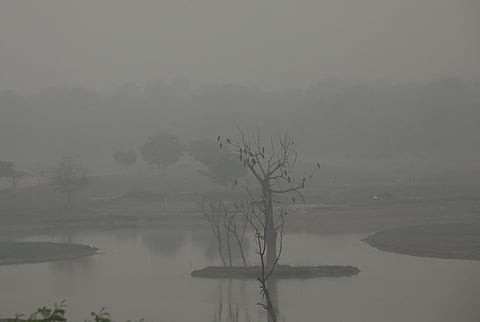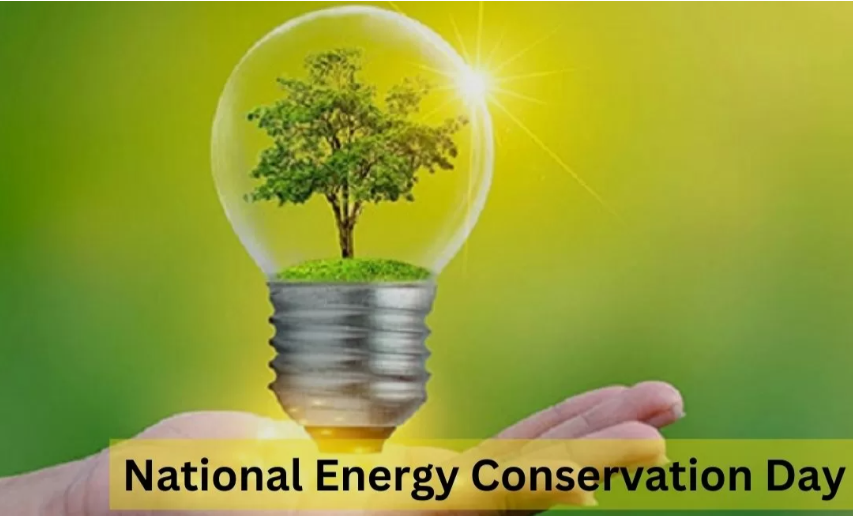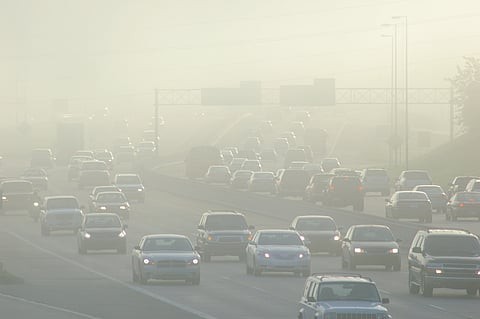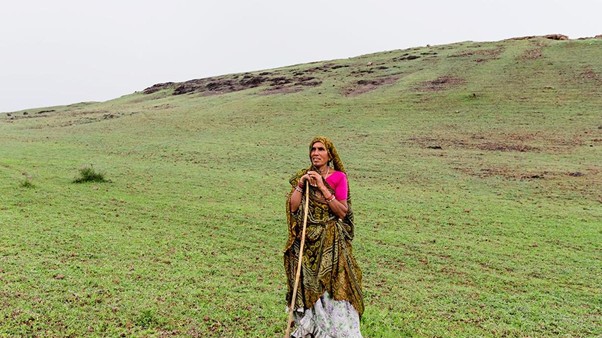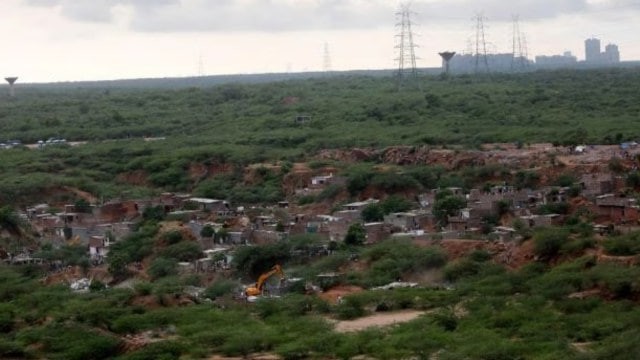Description
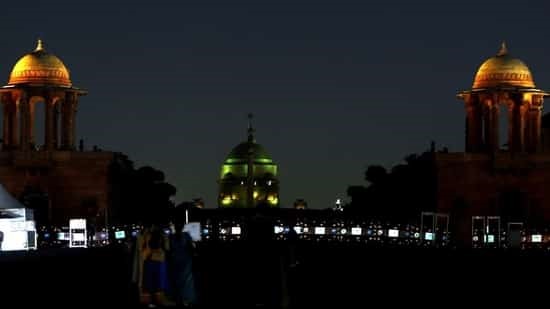
Disclaimer: Copyright infringement not intended.
Context: Millions of people across countries celebrated Earth Hour on 25th March and switched off their electrical appliances to promote awareness around energy conservation and climate change. The initiative encourages people to turn off lights for an hour from 8:30 pm to 9:30 pm local time.
Details:
About:
- ‘Earth Hour’ is an annual global event that takes place on the last Saturday of March, and this year, on March 25 at 8.30 pm local time, millions of supporters from more than 190 countries participated.
- The event encourages individuals to turn off all lights and electrical appliances at their homes and offices for an hour to promote awareness of climate change challenges and energy conservation.
- This symbolic act, known as the ‘lights off’ moment, unites people worldwide in a show of support for the planet and serves as a reminder of the environmental issues facing us.
- By coming together in this way, we can raise awareness of the urgent need for action to protect our planet's future.
.jpeg)
History:
- The concept of Earth Hour originated in 2007, when the World Wildlife Fund (WWF) Sydney and its partners launched a symbolic lights-out event in Australia to raise awareness about climate change.
- The inaugural observance was held on March 31, 2007, at 7:30 pm local time in Sydney, where people were encouraged to turn off their lights for an hour.
- The following year, the event gained international recognition and was celebrated on March 29, 2008, with millions of people from around the world participating.
Significance:
- Now in its 17th year, Earth Hour has evolved from a simple lights-out event to a powerful catalyst for positive environmental change.
- The event has become a platform for driving major legislative changes through the collective power of people and their actions.
- Even though turning off the lights for an hour has little effect on yearly emissions, the act on a large scale done in solidarity may serve as a wake-up call for people all over the world.
About WWF:
- The World Wide Fund for Nature is a Swiss-based international non-governmental organization founded in 1961 that works in the field of wilderness preservation and the reduction of human impact on the environment.

- It was formerly named the World Wildlife Fund, which remains its official name in Canada and the United States.
- WWF is the world's largest conservation organization, with over five million supporters worldwide, working in more than 100 countries and supporting around 3,000 conservation and environmental projects.
- They have invested over $1 billion in more than 12,000 conservation initiatives since 1995.
- WWF is a foundation with 65% of funding from individuals and bequests, 17% from government sources (such as the World Bank, DFID, and USAID) and 8% from corporations in 2020.
Aim: WWF aims to "stop the degradation of the planet's natural environment and to build a future in which humans live in harmony with nature."
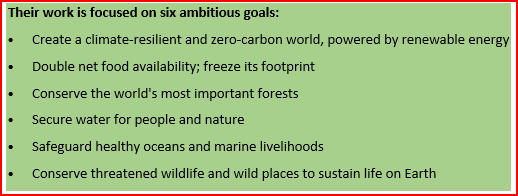
Reports:
- The Living Planet Report has been published every two years by WWF since 1998; it is based on a Living Planet Index and ecological footprint calculation.
- In addition, WWF has launched several notable worldwide campaigns, including Earth Hour and Debt-for-nature swap, and its current work is organized around these six areas: food, climate, freshwater, wildlife, forests, and oceans.
Criticism: WWF received criticism for its alleged corporate ties and has been reprimanded for supporting eco-guards that hounded African forest dwellers in the proposed Messok Dja national park in the Republic of the Congo.
|
PRACTICE QUESTION
Q) Which of the following statements is/are correct with reference to Earth Hour?
a. It is marked on March 25 every year.
b. It is an initiative of WWF, the world's largest conservation organization.
- Only a
- Only b
- Both a and b
- Neither a nor b
Answer: Option 2
|

https://www.hindustantimes.com/environment/earth-hour-2023-lights-off-at-8-30-pm-today-know-the-significance-101679730449736.html








